Is there a right and wrong way to choose? The election is almost upon us and many are finding it difficult to decide how to vote. A flock of philosophers is here to lend a hand.
How Socrates would vote in the UK election
 Philosophical: They lived between 2,400 years and 125 years before polling day.
Philosophical: They lived between 2,400 years and 125 years before polling day. Glossary
Hunter-gatherers - Humans who lived an ancient way of life in which they foraged for food and occasionally hunted, but did not farm.
Sparta - Another of the great classical city-states, best known for its uncompromising martial culture.
David Hume - The Scottish philosopher argued that all human knowledge is acquired through experience and therefore embracing the unknown is a fundamental part of being human.
Friedrich Nietzsche - A German classical scholar, philosopher, and critic of culture (1844 – 1900), who became one of the most influential of all modern thinkers.
Pessimistic - Tending to believe that the worst will happen.
Aristocratic - Belonging to the highest levels of society — the top of the upper classes.
Mary Wollstonecraft - A British writer who is often called the mother of feminism. In A Vindication of the Rights of Woman she argued for equal rights for both genders.
Socrates - Considered by some to be the greatest philosopher in history, Socrates is credited with developing the whole notion of critical reason.
Authoritarian - Enforcing strict obedience to authority.
Karl Marx - A 19th-Century German economist and philosopher who argued that capitalism was doomed to collapse.
Immanuel Kant - A German Enlightenment philosopher who is regarded as one of the most important thinkers of the modern era. He fundamentally changed the way we think about a variety of subjects, from aesthetics to cognition to morality.
Edmund Burke - Irish statesman, economist and philosopher. Often regarded as the founder of modern British conservatism.
Sovereign - When a nation is independent and self-governing.
